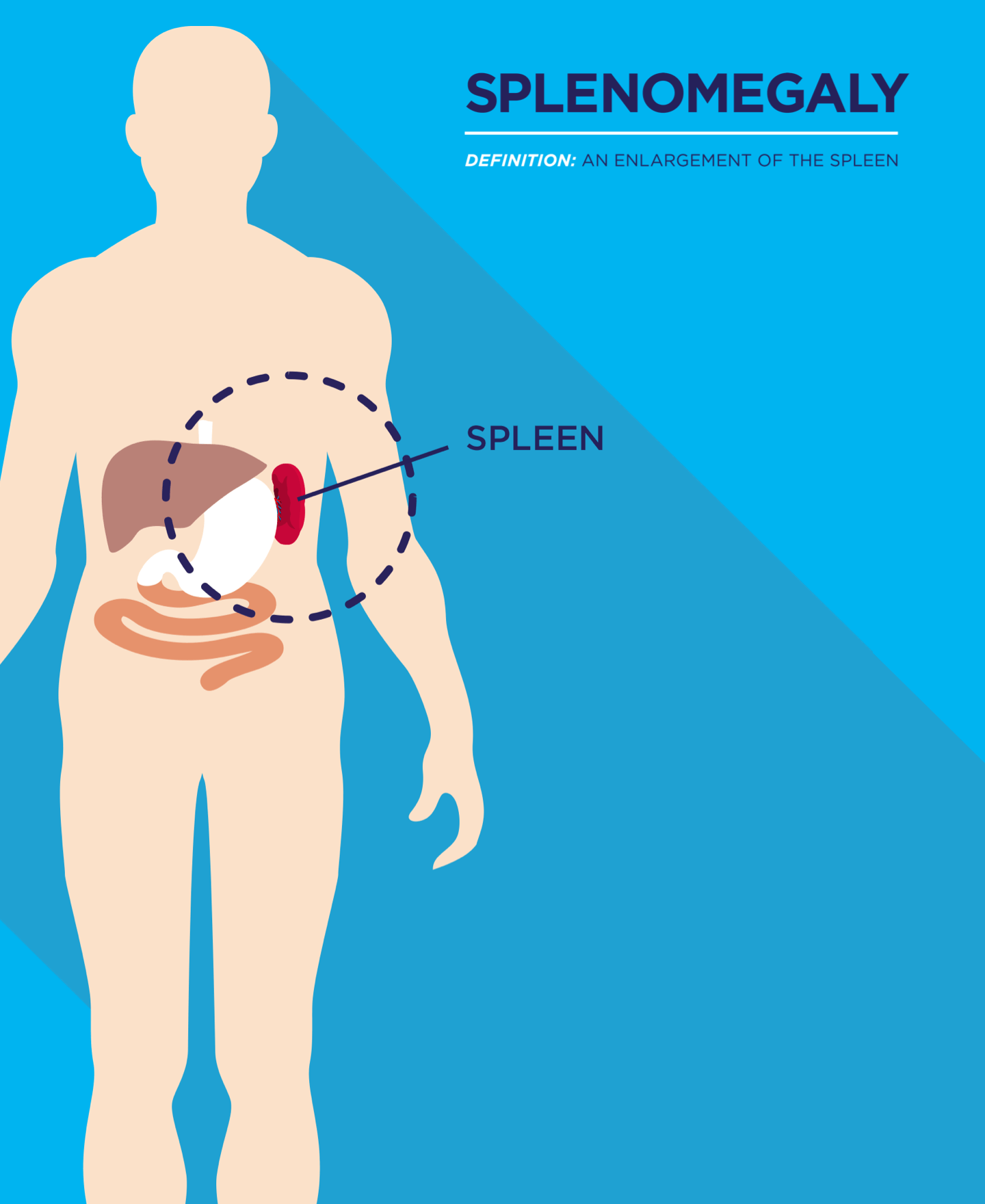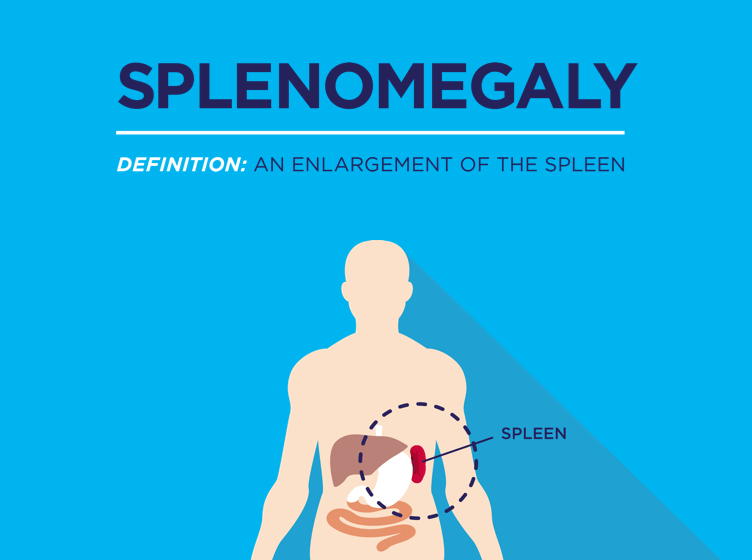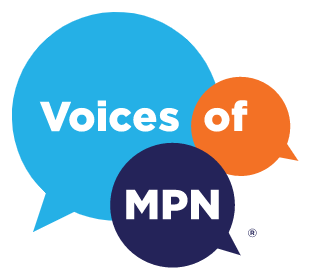What Every Patient With an MPN Should Know About the Spleen

Author: Voices of MPN
If you or someone you care about has been diagnosed with one of the rare, chronic blood cancers known as myeloproliferative neoplasms, or MPNs, you know how important it is to do your research and learn as much as you can. And while there are key differences between polycythemia vera (PV), essential thrombocythemia (ET), and myelofibrosis (MF), these three Philadelphia-chromosome-negative MPNs may have one very important finding in common: spleen enlargement. That’s why it’s important to be aware of the important role this organ plays in your ongoing MPN care.
What patients with an MPN should know about the spleen
The spleen is a small, soft, spongy organ, about the size of a fist, located under your ribs on the left side of your upper abdomen. Among its many important functions, the spleen helps fight infection by producing white blood cells. It also serves as a filter, removing old or damaged blood cells, and stores red blood cells and platelets (blood clotting cells).
MPNs are cancers of the bone marrow (where blood cells are primarily made). When the bone marrow cannot make enough normal blood cells, the spleen begins to make them. This causes the spleen to grow larger. An enlargement of the spleen is known as splenomegaly (splee-nuh-MEG-uh-lee)—and it’s a common finding among patients with MPNs. Although people with PV or ET may, at some point, experience splenomegaly, it’s far more common in those with MF. In one clinical study, approximately 90% of people with MF had an enlarged spleen at diagnosis.
An enlarged spleen can cause noticeable—and uncomfortable—symptoms
While the experience may be different for everyone, having an enlarged spleen can cause several undesirable symptoms, including:
- Abdominal pain or discomfort—As the spleen grows bigger, it’s not uncommon to feel pain or discomfort in your abdomen or below your left ribs
- Early satiety—Even when you’ve you haven't eaten or have eaten very little, having an enlarged spleen can press on your stomach and make you feel full
- Undesired weight loss—Whether it’s due to abdominal pain or the impact on your appetite, having an enlarged spleen can also cause weight loss
FOUR QUESTIONS TO HELP YOU BECOME “SPLEEN-SMART”
Be sure to ask yourself the following four questions before your next healthcare visit:
- Do you have abdominal discomfort, particularly after eating?
- Do you experience abdominal discomfort at any other time, for example, when lying down flat on your back?
- Do you feel full quickly after meals?
- Are you losing weight unintentionally, and if so, how much weight have you lost over the last 6 months?
If you experience any of the symptoms mentioned above, it’s important to share them with your Healthcare Professional. Remember discussing spleen-related symptoms with your care team can ensure that your MPN management approach is the right one for you.
Regularly monitoring spleen size is an important part of your ongoing MPN care
Because splenomegaly is a common finding among patients with MPNs, checking your spleen size should be a routine part of your MPN check-ups. In fact, your Healthcare Professional should be regularly evaluating your spleen by feeling or “palpating” your abdominal area at each visit to determine if there have been any changes in size or volume. In some cases, other procedures—such as ultrasound, computed tomography (CT), or magnetic resonance imaging (MRI) may also be used.
Remember, being well-informed about the role of your spleen can empower you to take a more active role in your own ongoing MPN care. And that can help ensure that you and your Healthcare Professional are working together to optimally manage your MPN.
Related Articles

Finding Strength in My Myelofibrosis Diagnosis
Author: Anand M, Community Voice Champion
READ ARTICLE
Bob: What I Learned on My Journey With Myelofibrosis
Author: Bob W, Community Voice Champion
READ ARTICLE





